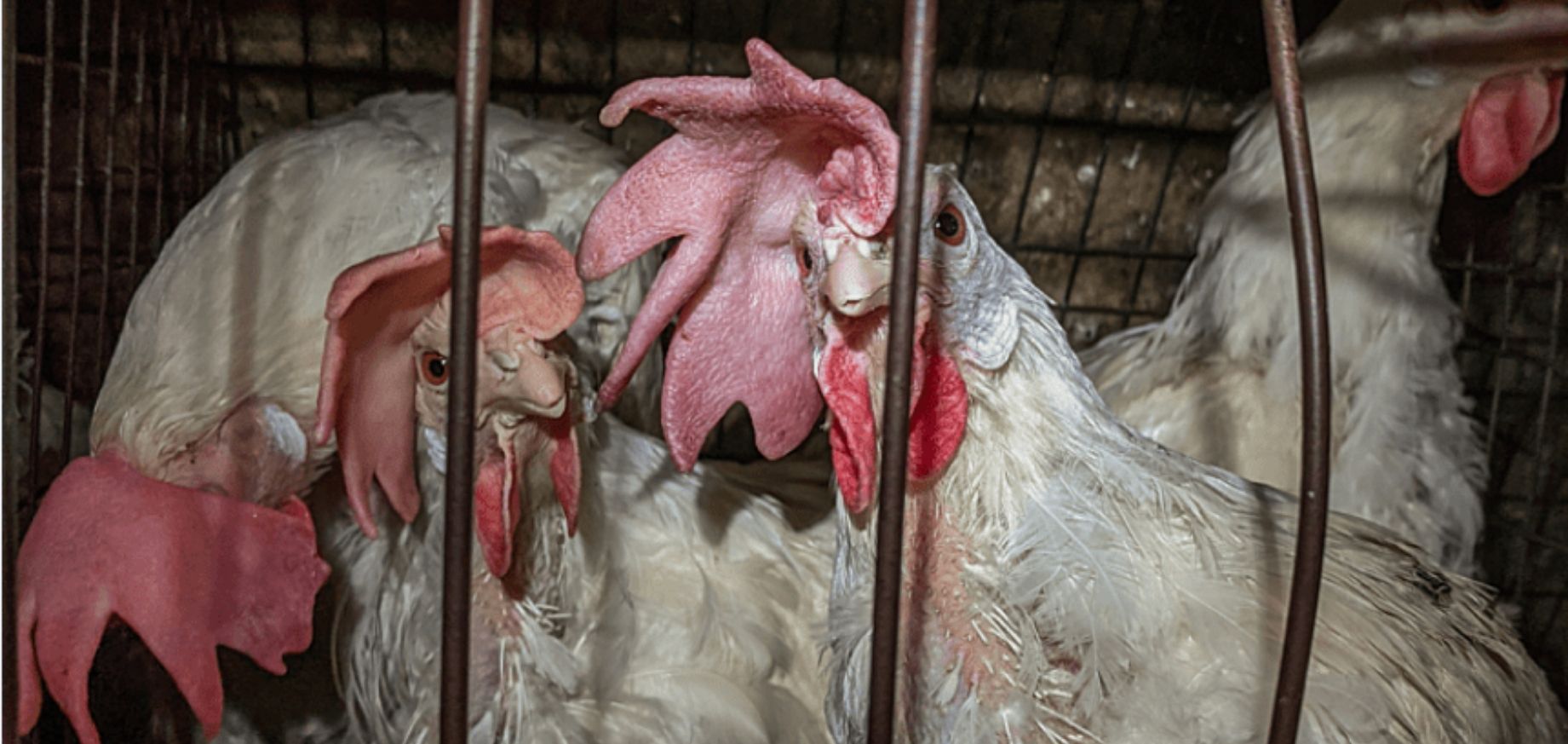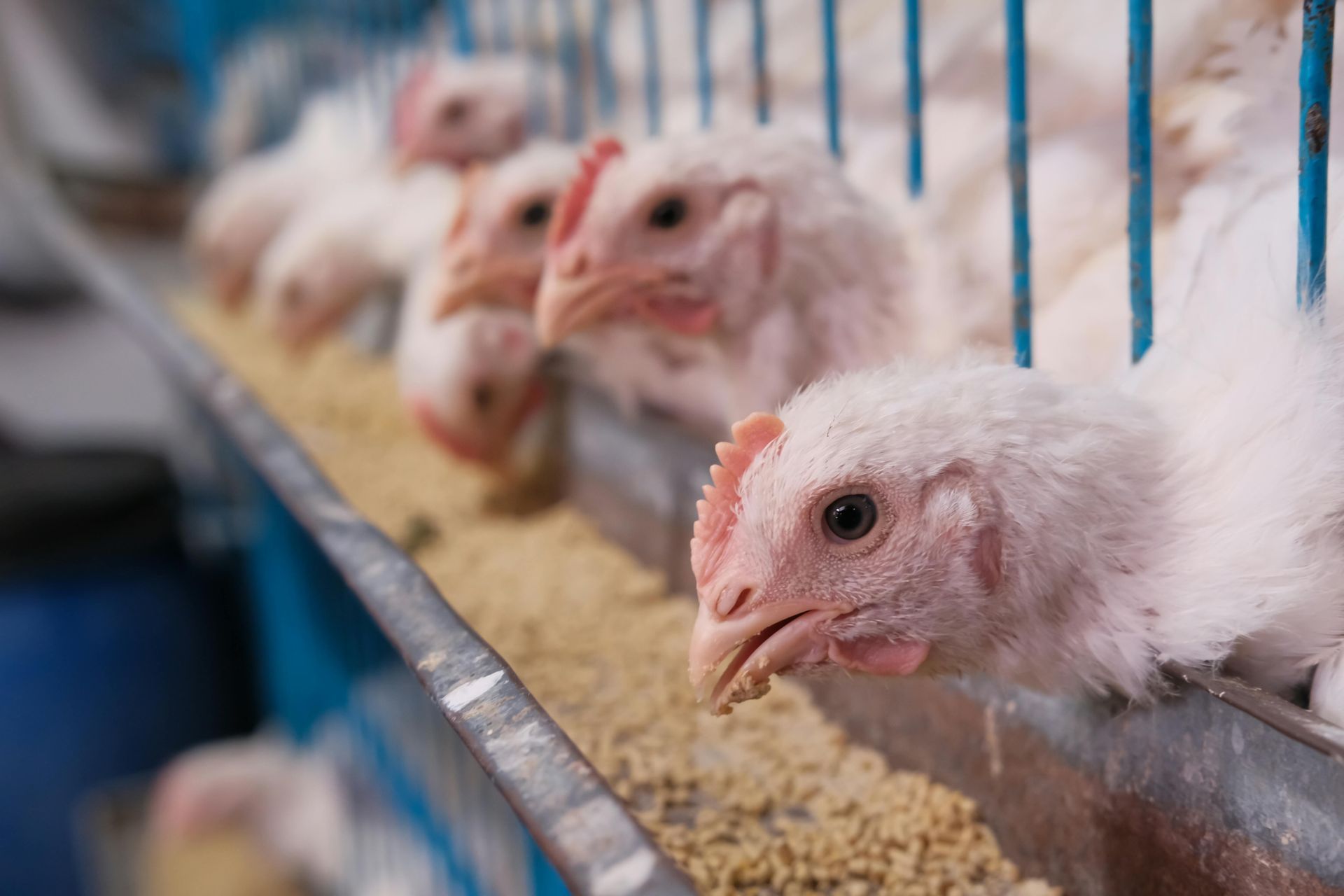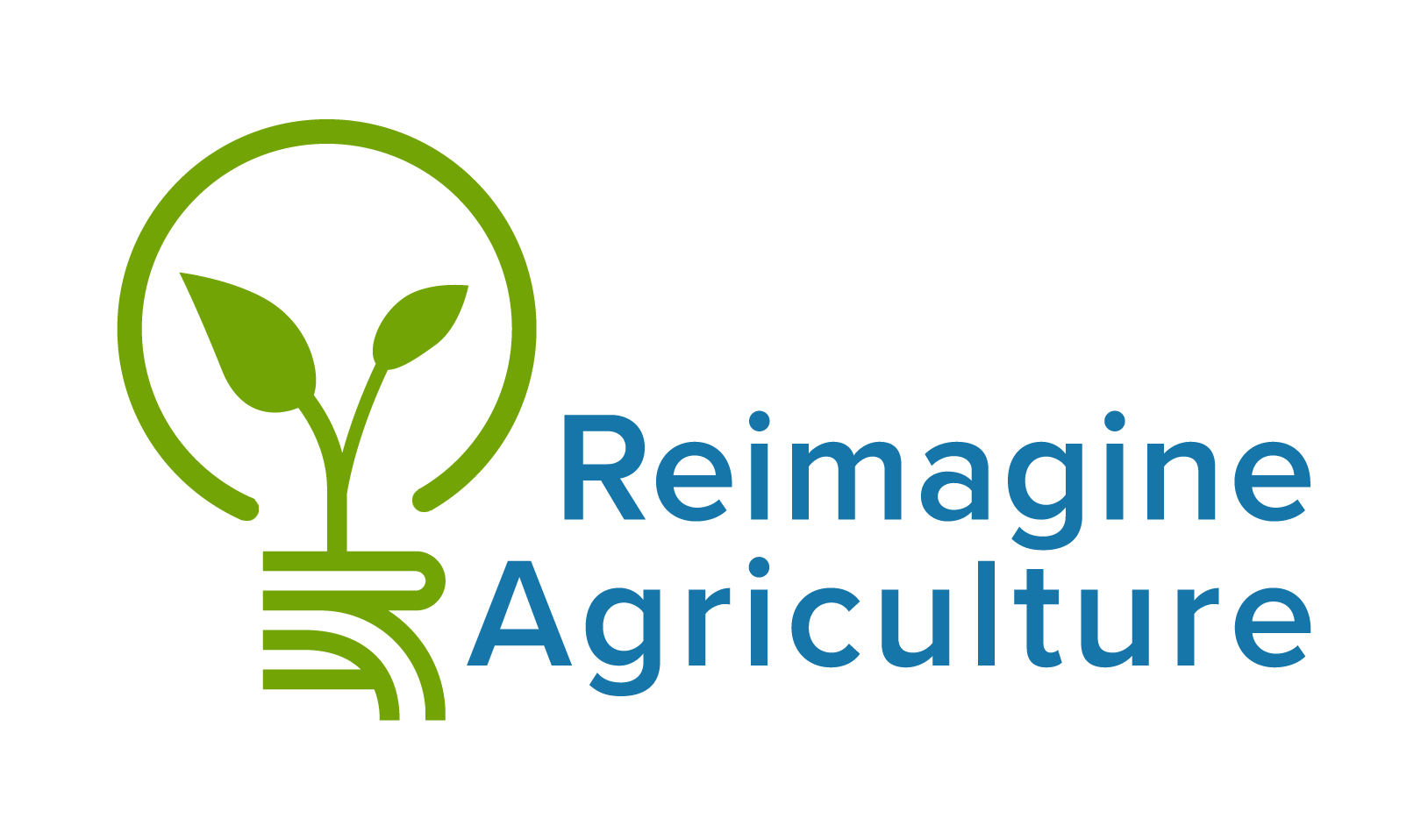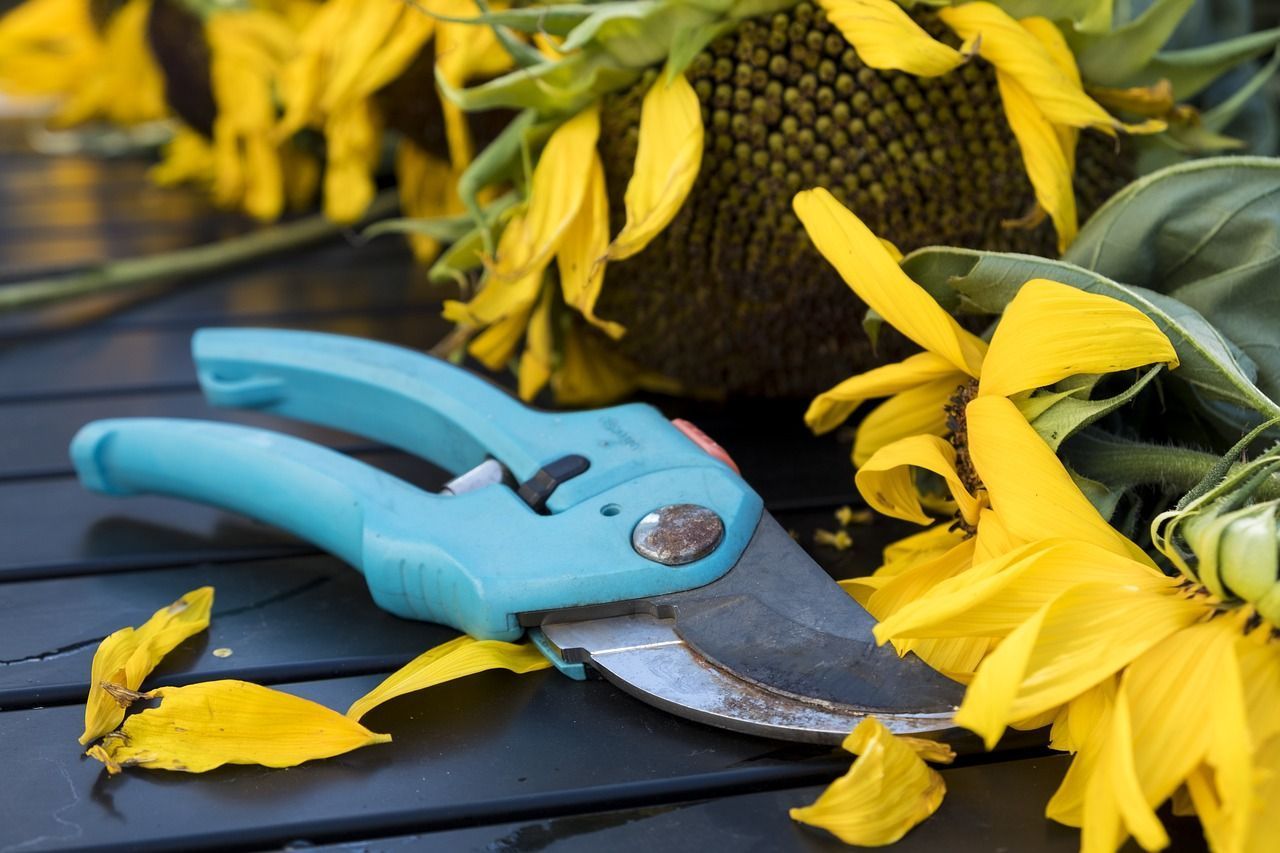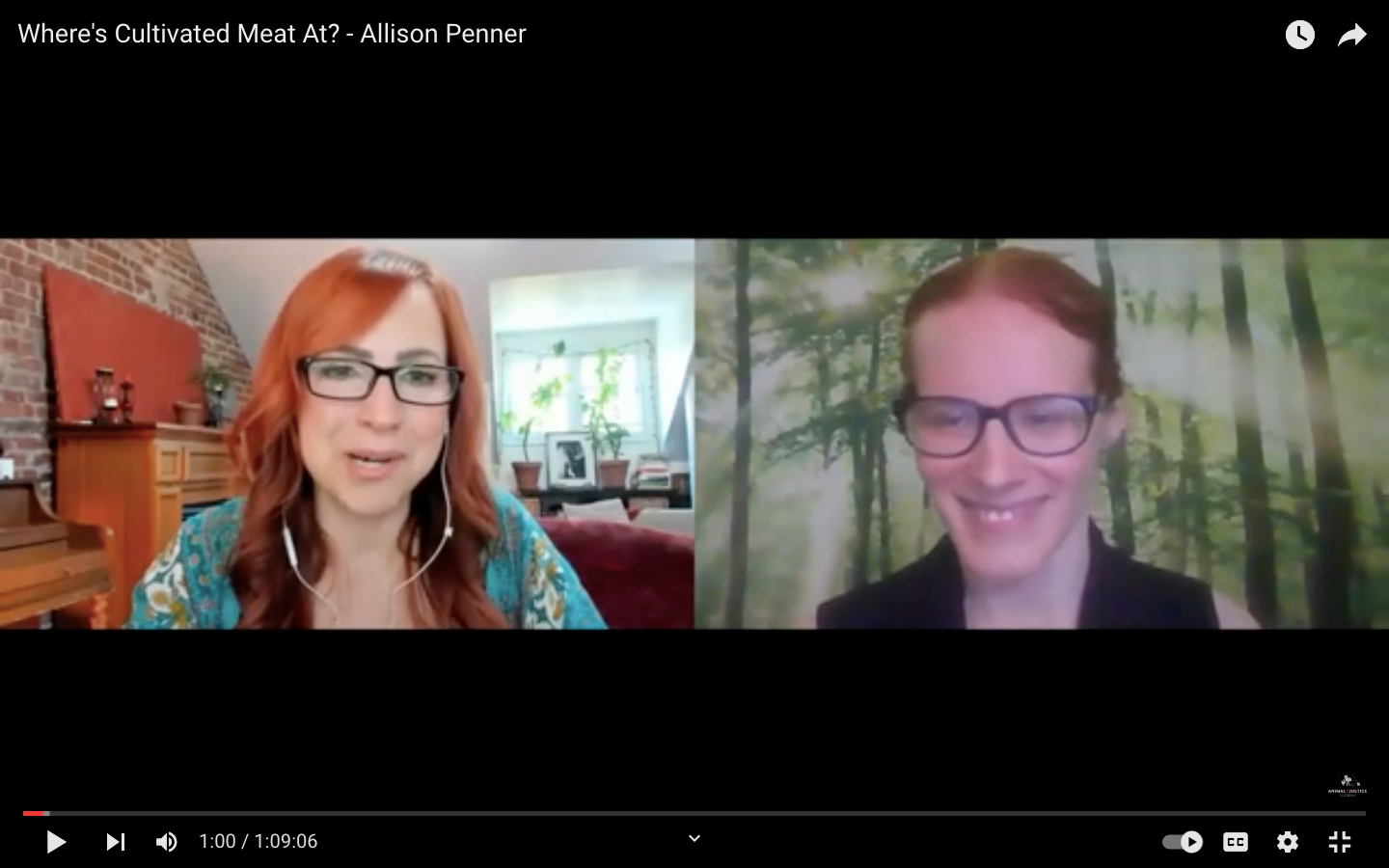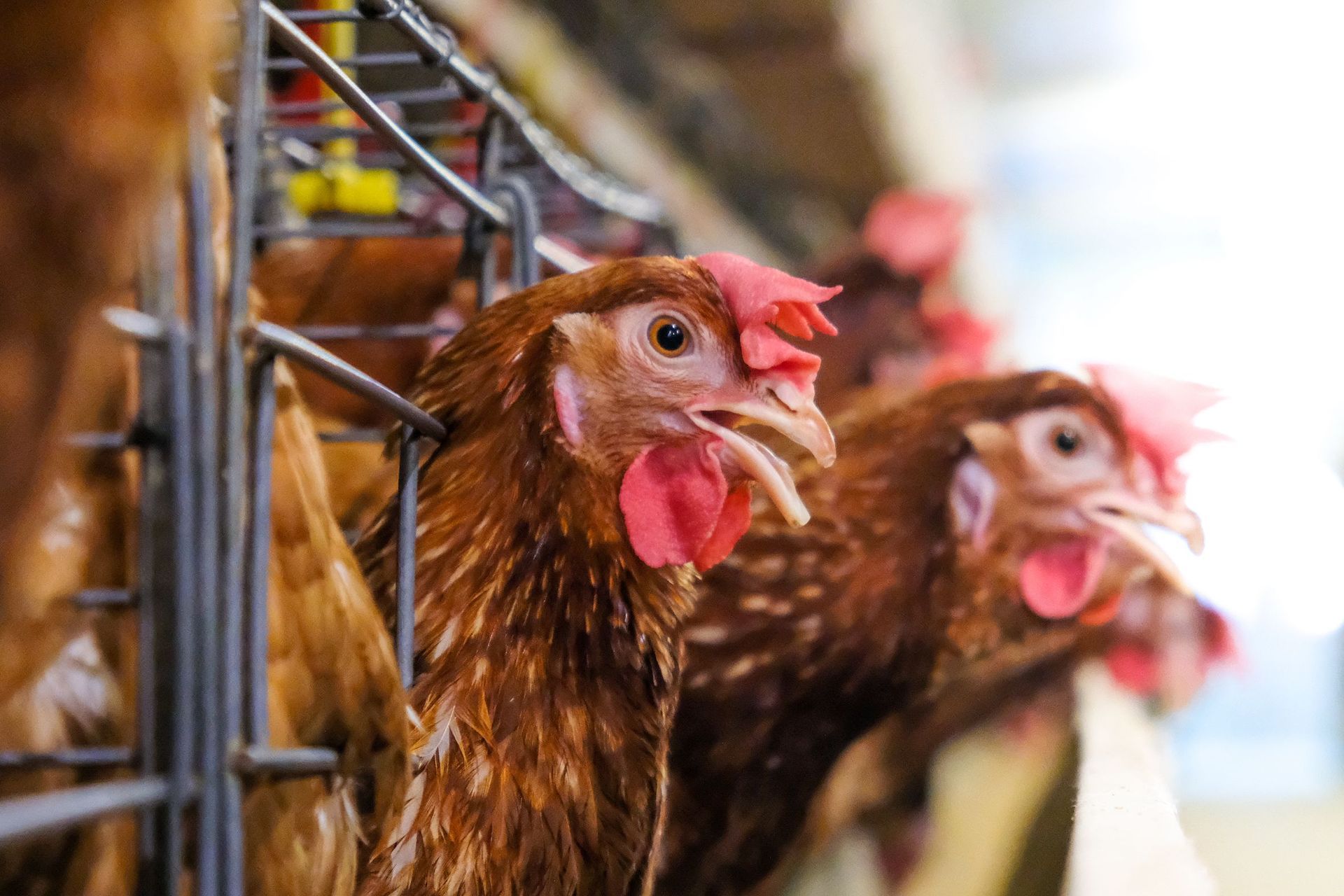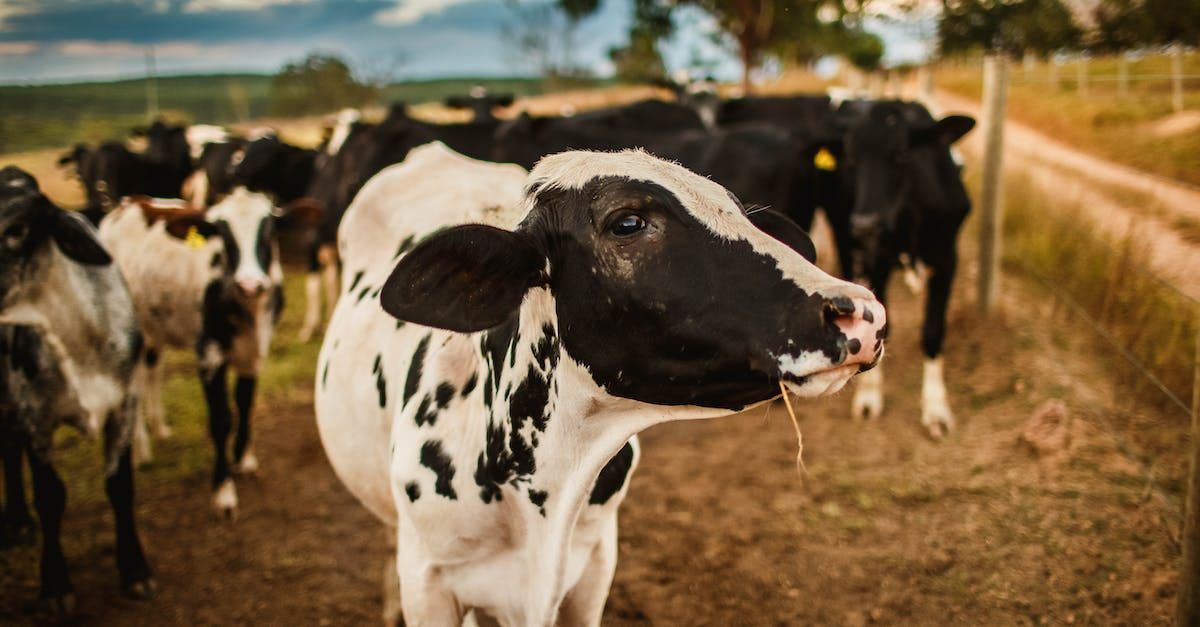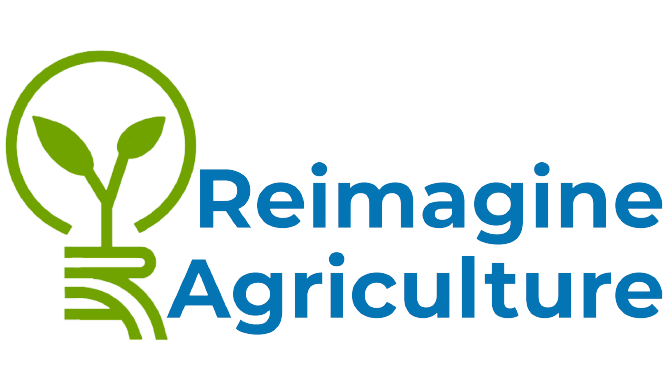Meet a Leader in Canadian Food Innovation!
An Interview with Linda Fox from the Canadian Food Innovation Network

We wanted to know more about the work being done by the Canadian Food Innovation Network (CFIN) to promote creative and new approaches to improving our food system. Linda Fox - The Regional Innovation Director for Ontario was kind enough to talk to us about what CFIN is, what it does, and how its providing funding to companies and organizations pursuing novel solutions to the challenges of our food system.
What is the CFIN and what does it strive to do?
CFIN (The Canadian Food Innovation Network) has two main pillars from my perspective:
Firstly, there is the grant money that we have available for innovation. This is often what brings people and companies to us first. It’s money, after all, which is always of interest!
We have several calls for grant applications throughout the year for SMEs (Small to Medium Enterprises) who can access anywhere from $10k - $2million in funding depending on their project. [JK1] For a Regional Innovation Director (RID), such as myself, this gives me the opportunity to help our members understand the grant criteria and to help them as they navigate the process.
The second pillar is the network we are building. And this is very exciting. There are lots of organizations out there that you can join, but we are creating something truly unique.
- A CFIN membership is free and once you are a member you get access to an RID and all of the resources we can bring. We have five RIDs across Canada – actually across Canada, as we are all based in our region. This was purposeful to ensure that each of us can dig deep and get to know the food ecosystem locally.
- It also means that I have colleagues that I can reach out to in other provinces when I’m looking for a solution that may not have an answer here. As an example, perhaps a member is looking for a co-packer with a particular expertise that isn’t available in my region. We RIDs talk all the time and have the opportunity to share resources and to take the pulse of what people are talking about in all aspects of food. This is very powerful, particularly in a country so geographically vast as Canada.
- We have SO many smart, dedicated, innovative people in Canada who don’t always know where to go for the next step in their businesses. Not only can I help, but when we have our connector platform up and running this summer, YODL, all our members will be able to interact within our online community with one another. Our membership is growing all the time and we have people and businesses from small food processors and restaurateurs, to academics, suppliers and logistics, to other funders/programs. Really anyone who touches the food business. New resources and information will constantly be shared and available – can you imagine the opportunities this will bring!
How did you become involved with the organization? Why does the work interest you?
I have been in food and brand marketing for most of my career, so when this came up my interest was piqued. There are so many things that interest me about this!
- The opportunity to connect/reconnect with people I have known in the food industry is wonderful. But even better, my colleagues all know so many others and I’ve had the chance to connect with many people and companies I might not have otherwise. Of course, the beauty of this as far as the network we are building at CFIN is that I can facilitate those connections for others.
- On a more personal note, I am, quite literally, learning many new things every week. I joke to my family that I am getting a full and varied post-secondary education for free. And that’s only partly a joke. We have some incredible creative, smart, and daring people in Canada that are not only innovative, but very generous with their time and knowledge
What are some of the primary barriers in food innovation in Ontario and Canada
That’s a good question and probably one that has a wide variety of answers depending on which segment of the food ecosystem one plays in. I think that some of our success as a provider of natural, or primary, resources can blind people to our other talents; for example, we are known for our crops and lumber, but not necessarily what we can do with those resources. So, that might take a bit of a re-set for Canada to be thought of differently, and to think of ourselves differently.
We are also a geographically vast country, and for that matter, many of our provinces are huge. This can be daunting when trying to figure out how to grow your business (provincial/regional preferences, cultural diversity influences, how to physically get your product out there at a reasonable cost, as a few examples). And, from the knowledge side, I’m finding that many of us don’t know what might be available as a resource outside of our own areas. As we build our network at CFIN this is one of the major areas we want to address by making those connections easier to find and make.
What goals can we strive for in Canadian food innovation in 5 years? 10 years?
I believe we will see some truly innovative technologies emerging here that will include everything from new ways of making our food – be that robotics or new inline food safety tools. I think we will see some fascinating applications of digitization and digitalization in both the processing of food and delivery of food. And, I think that there will be a general shift to better, earth-friendlier ways of doing business – think upcycling, reusable or compostable packaging, truly circular approaches where possible.
What would be the first steps you would recommend to someone who has an idea for an innovative food business, but doesn’t know where to start?
Great question! If I tap into what some of our entrepreneurs have shared, it is sometimes a “just do it” approach. Paraphrasing what I’ve heard: don’t wait for perfection, get out there and try something even if it is just amongst your own friend and family group. This can be a great way to get some immediate feedback and to see how your idea resonates.
Putting on my CFIN hat: reach out to organizations like CFIN! There are SO many resources in Canada that it can be difficult to know what you don’t know. One of the reasons that I think we are different is that we can be that hub to help you find what you need. The two key things being money (grants, etc.) and maybe more importantly, a network. I have had the opportunity to discover – and collect – an amazing group of people and businesses that can help across all aspects of the Canadian food ecosystem. If I don’t know who can help you, I’ll be I know someone who can point us in the right direction!
What resources do you recommend for people looking for more information?
Of course, this depends on the type of information needed. If it is financial info, there are lots of programs, either governmental, banking, or private capital that offer funds, advice, and mentorship in this regard.
Depending on the type of business purpose or on your personal status you can find grants, low/no interest loans, and the like that are specific to the situation. An example might be grants that are specific to technology or for newcomers to Canada, etc. Another really important thing to think about is resources that will help you to fill any knowledge gaps. This could be through colleges and universities that have mentorship (low cost or free in some cases) programs; fee-for-service suppliers that can fill a specific need; incubator or accelerator programming depending on what stage you are at in growing or starting your business.
It can be easy to be overwhelmed or to go down that proverbial rabbit hole when looking for advice, so make sure to lean on your network. In CFIN’s case (and in past lives) I have found that while it may not always be easy or comfortable to reach out, people are really very generous with their time and happy to share their experiences.
